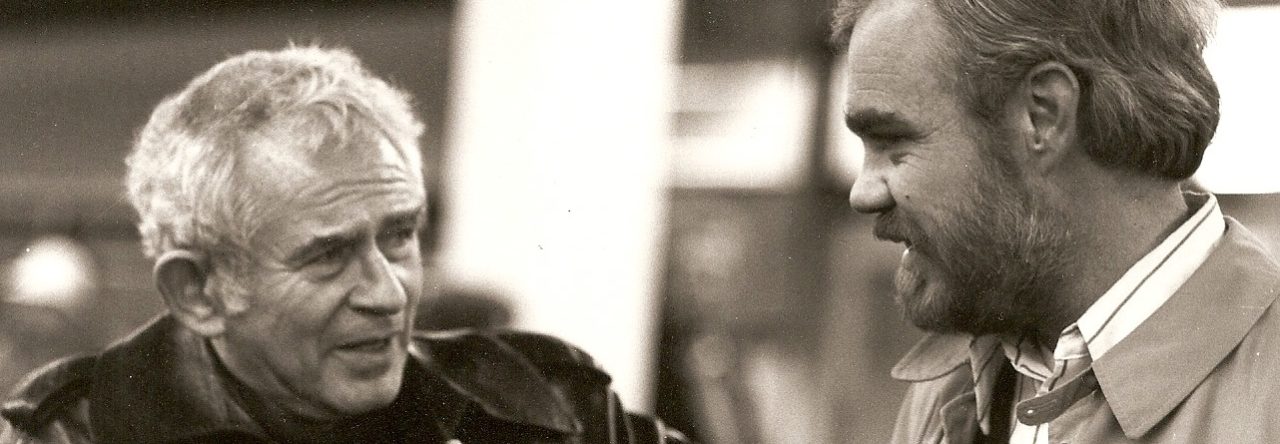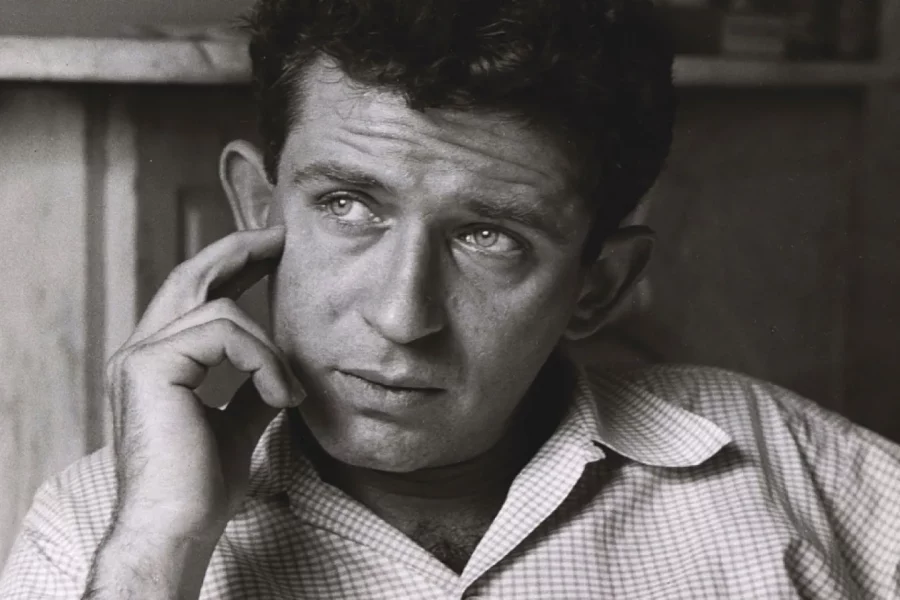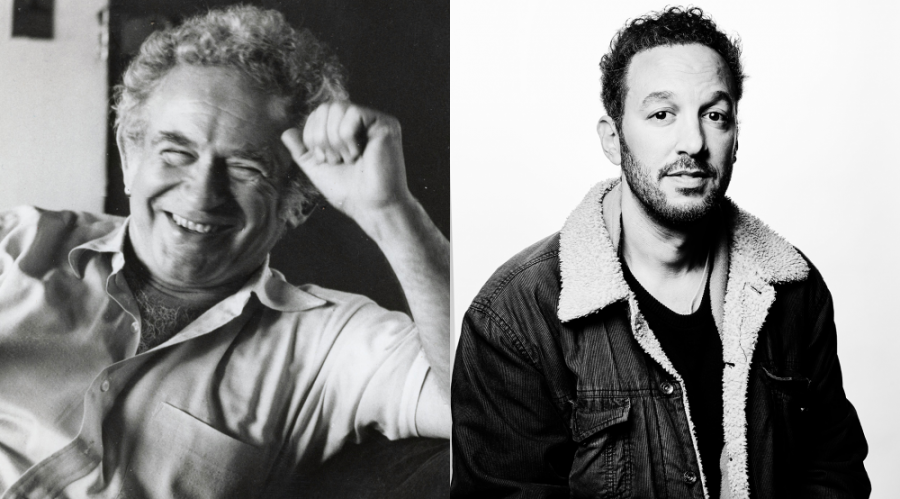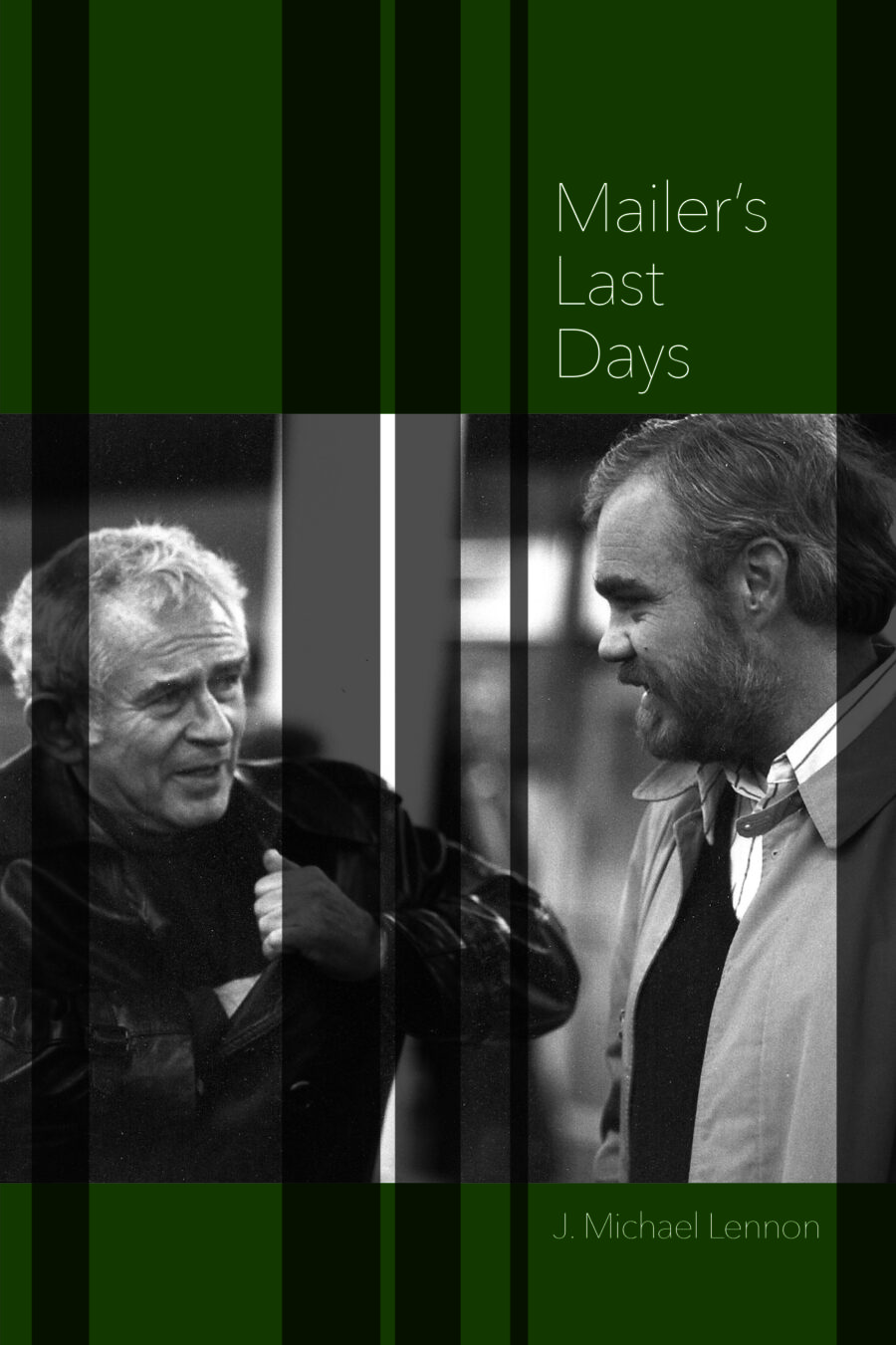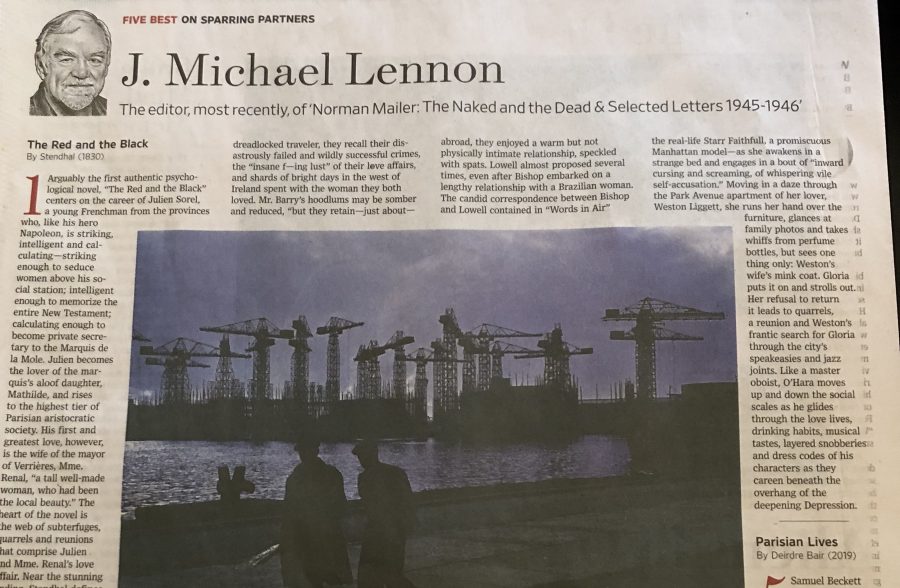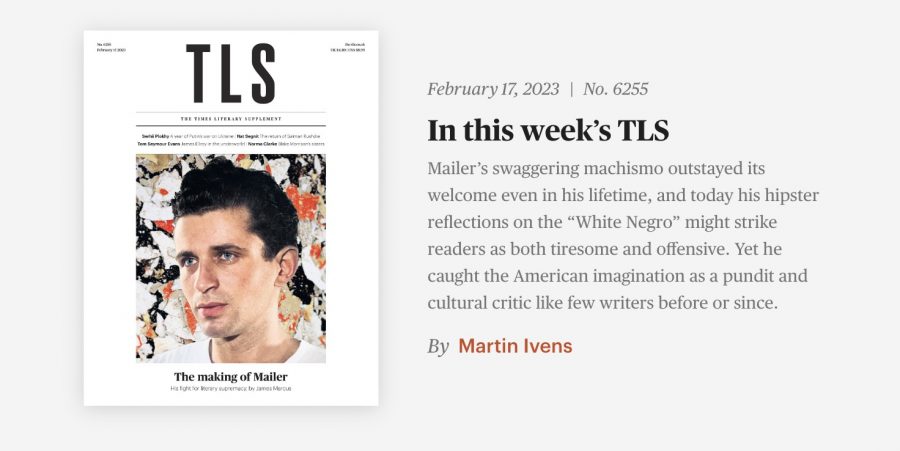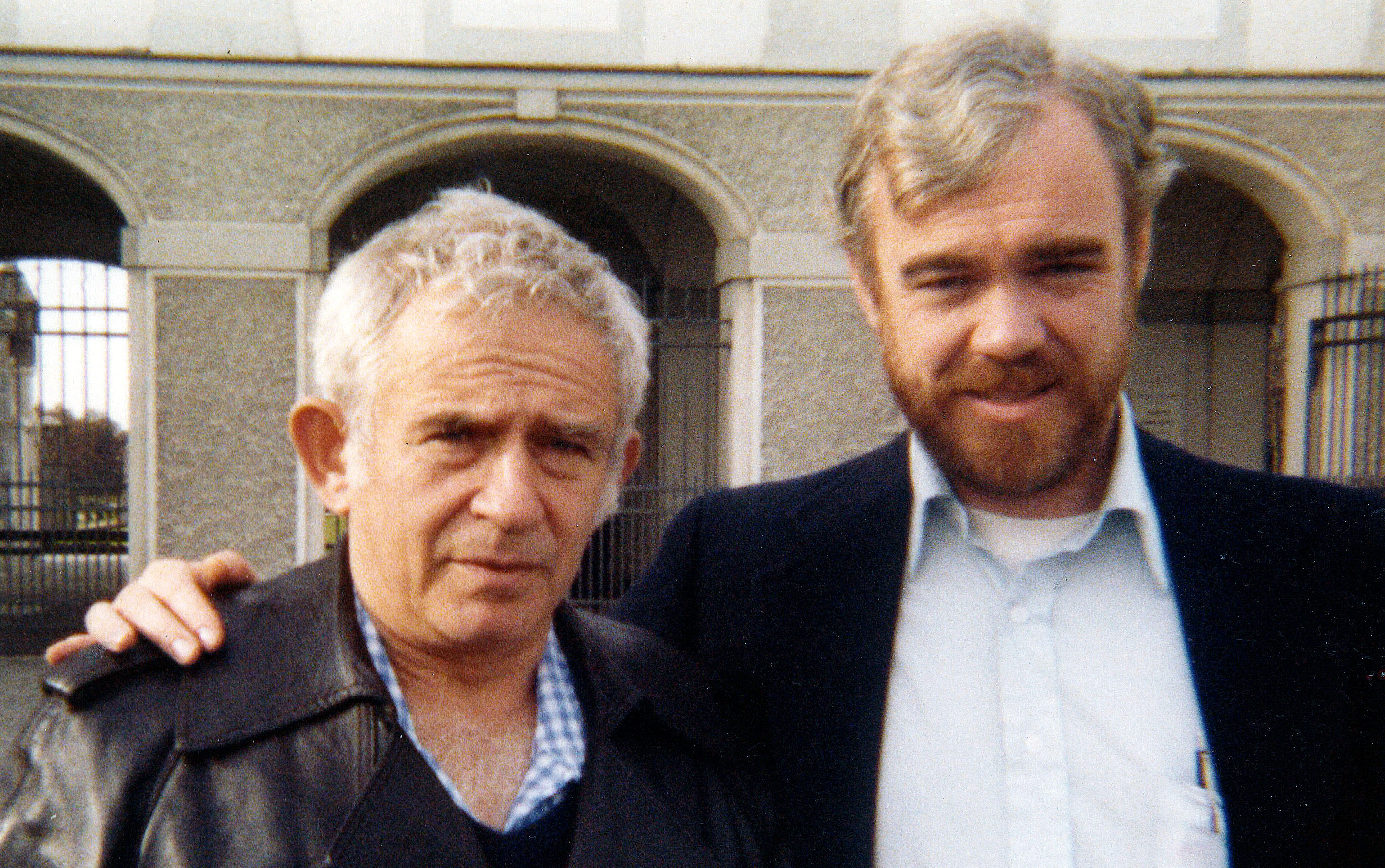Owen Gleiberman has posted a review of Jeff Zimbalist’s documentary How to Come Alive with Norman Mailer on Variety. Gleiberman writes:
Norman Mailer is the kind of writer people now tend to look at and appraise by saying, “He could never get away with that today.” And maybe that’s true. In Mailer’s case, however, the that they’re referring to could be any of the following things: his confrontational public statements; his misbehavior on talk shows; his ardent bad-boy meditations on subjects like sexuality and violence; his propensity to drink and drug and fight (he liked to literally butt heads with people at parties); and great lyrical swaths of his writing.
Forget what Mailer could or could not get away with today. He was feeding the fire of controversy and provocation 50 and 60 years ago; even then, he was considered a figure of singular outrage. Yet it was all part of his mission to make a difference in his time, to wake us all up — to what was happening in society (not just the busy surface but beneath it), to how the government and the corporation were working in cahoots to perfect a new brand of authoritarianism (something he was explicitly onto in — yes — 1948), to the secrets and mysteries we were living inside. When Diana Trilling, the venerable lioness of a literary critic, declared Mailer to be “the most important writer of our time,” she wasn’t kidding around.
